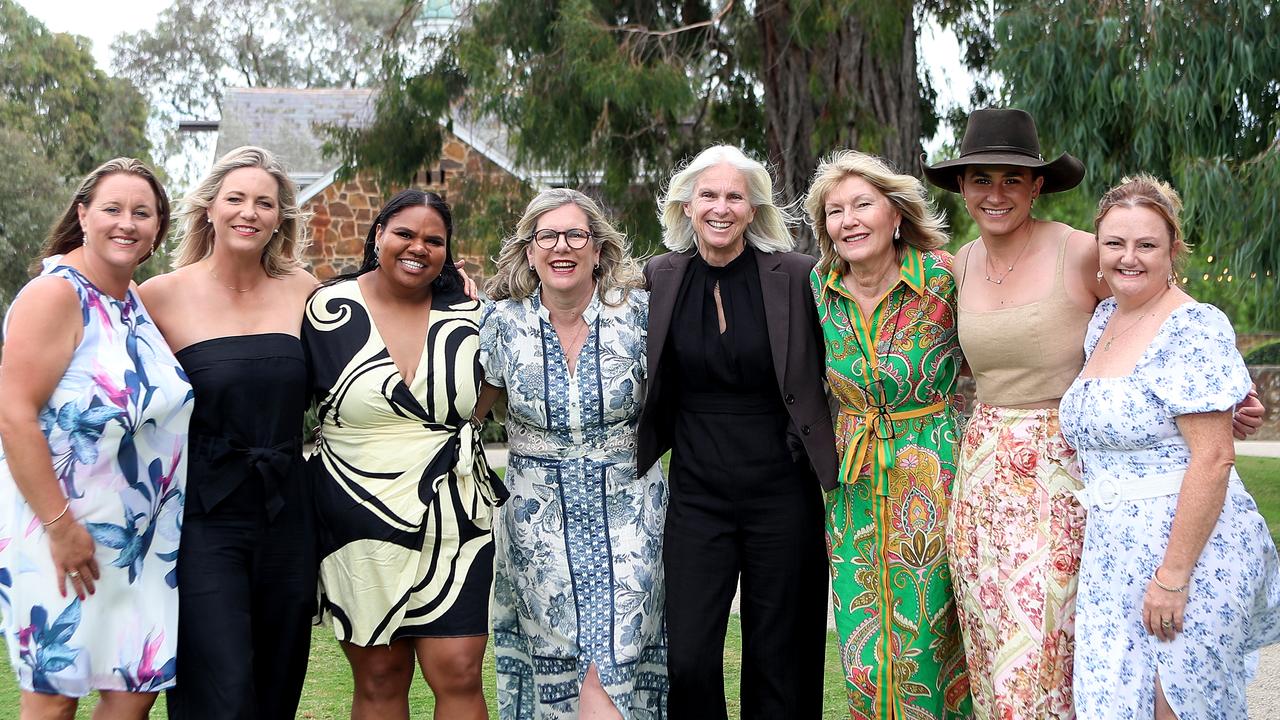Frances Frahn pulls Holowiliena station through drought with tourism
When drought gripped her Flinders Ranges station, and forced her family to part with their beloved Merinos, Frances Frahn found another way to keep Holowiliena going.
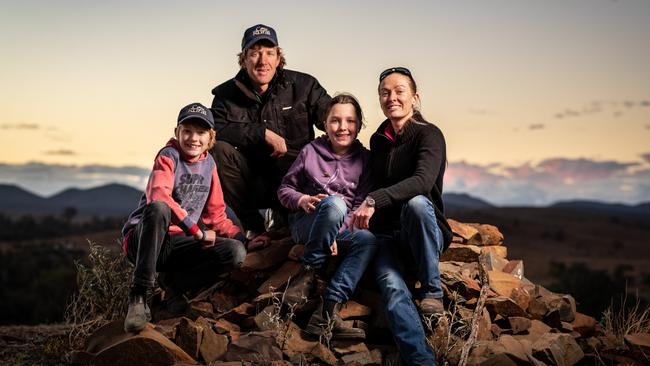
Frances Frahn is a nominee in The Weekly Times 2021 Shine Awards, supported by Harvey Norman. If you know a rural woman who deserves to be celebrated, nominate her for Shine.
The weight of responsibility rests on her slim shoulders.
Frances Frahn is the fifth generation of her family to run Holowiliena Station, a vast 33,000-hectare expanse in South Australia’s Flinders Ranges that is slowly recovering from a long battle with drought that nearly wiped out the family’s flock of 6000 Merino sheep.
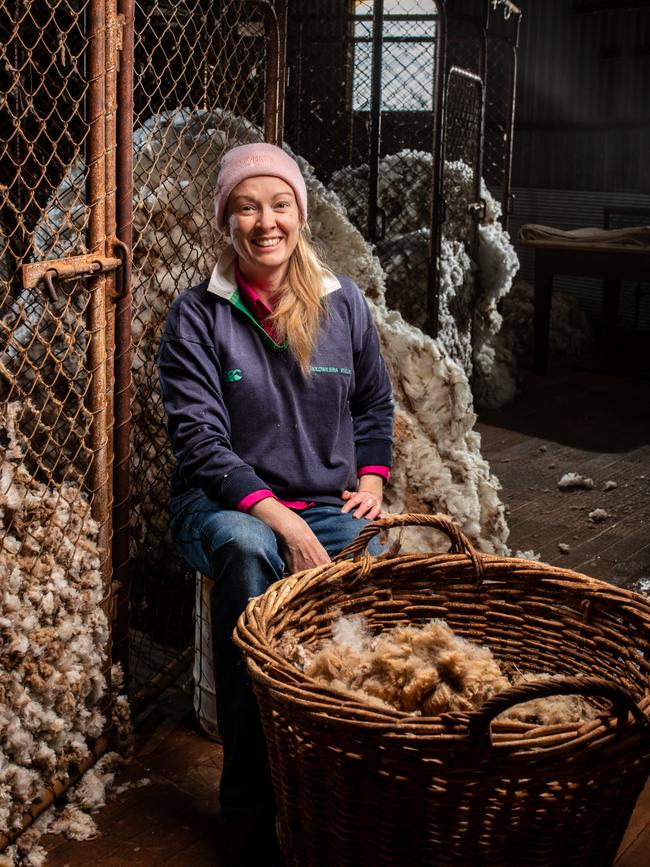
Determined to make sure the station remained viable for generations to come, Frances coped with the drought by building a now-thriving tourism venture that attracts visitors from across Australia.
They come to experience a taste of Outback life and immerse themselves in the history of the region.
Frances and her husband, Luke, took the reins of Holowiliena 10 years ago, buying the property from her parents, Richard and Jan Warwick.
As a wool classer and shearer, the young couple couldn’t wait to get stuck in to the challenges of rearing sheep and producing high-quality wool.
Then it all dried up in front of their eyes.
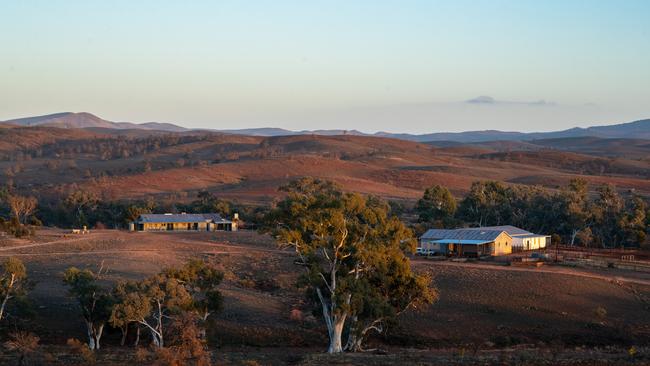
“The drought came along and hit us harder and faster than we ever could have imagined,” says the mum of two.
One “very hard and harsh summer” claimed many of their sheep in a few short months, and they were forced to sell most of the flock, agisting their last remaining 160 ewes about three years ago.
“It ended up being the first time since 1852 that Holowiliena has been fully destocked,” says Frances, whose great great grandfather – a master blacksmith from Scotland – was granted the original pastoral lease when he landed in Australia from Dumfriesshire, “about eight years before Burke”.
She says she still questions some of the decisions they made during drought, but focusing on the farm-stay venture was one of the best choices they made.
“With no other source of income, we decided to throw all our efforts into tourism,” Frances says.
“We have so much history here, at first we felt obliged to protect and preserve that, and it has become so much more than that now.
“It has evolved into a nice little business. Something that we love and we can see it is bringing others a lot of enjoyment as well.”
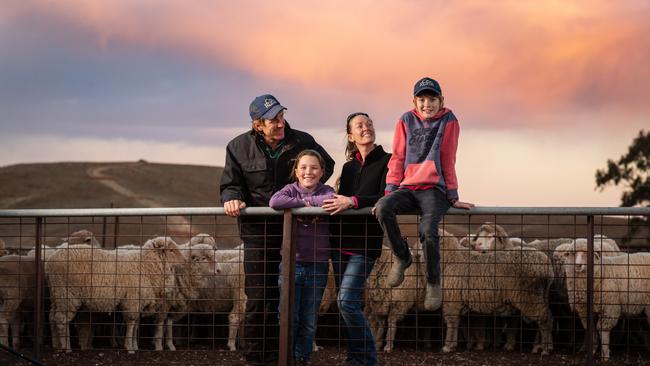
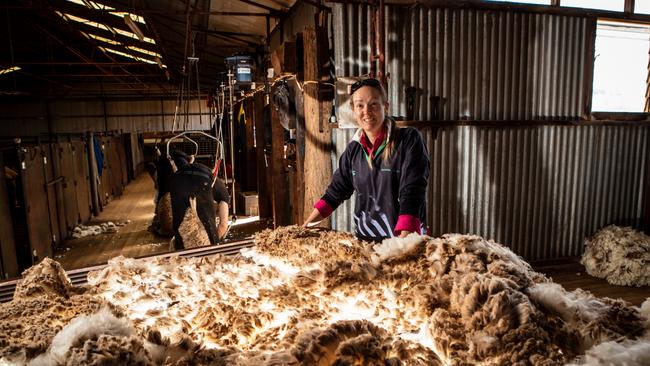
Frances and Luke started by renovating their shearers’ quarters and governess’s cottage, then listed the accommodation online, and through a tourism network called Station Stays, all while Frances continued remote-schooling her children, Todd, 11, and Stella, 9, who learn through School of the Air.
Bookings immediately started flowing from across Australia, with the international travel ban due to Covid fuelling domestic demand.
“At first it was almost unmanageably busy,” Frances says. “It is so lovely to think that people who otherwise might not have visited the Outback or rural Australia are just itching to get out and enjoy that freedom.”
A stay at Holowiliena includes home-cooked meals, hospitality and tours all provided by Frances, who also imparts some of her passion for and knowledge about wool.
Her sister-in-law, Robyn Frahn, says Frances is an inspiration.
“Frances is not only a wife, but a mother, a director, a wool classer, a teacher, a cook, a tour guide and a cleaner,” she says, “…and how she can educate her two children via School of the Air every day and still run the family station.”
Frances says pleasing people is more difficult than managing sheep, but the effort is worth it when “you have a guest who leaves here happy – it is just as satisfying as pressing up the final bale of wool on the last day of shearing”.
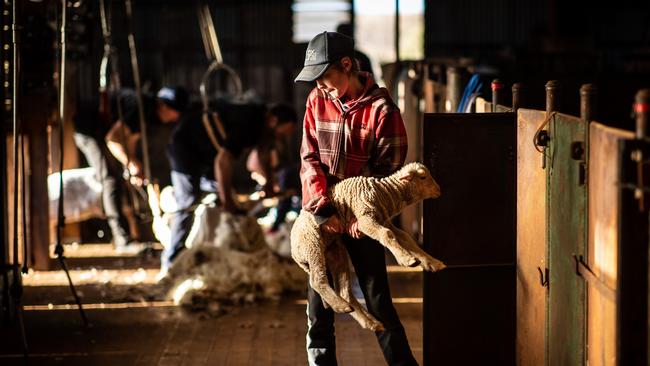
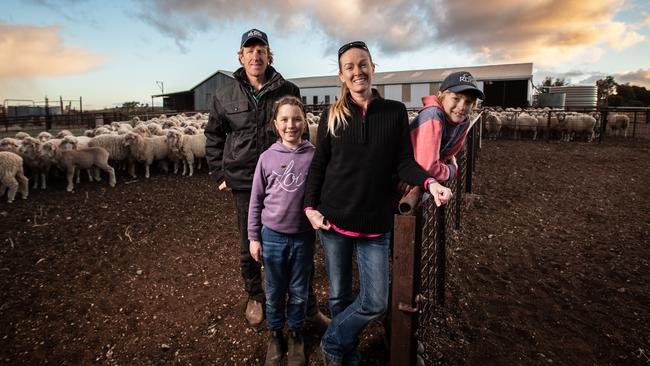
The tourism push was not hers alone, with Luke and the children equally committed, but it was her father, Richard, who inspired the idea in the first place.
“It started with my dad meeting people at side of road and asking them in for a cup of tea,” she says. “Sharing the family stories; that just becomes ingrained in you in such a special way.”
The family’s 160 agisted ewes returned to Holowiliena in November, and Frances and Luke just finished their first shearing after a three-year hiatus.
“It is what we set out to do, so it’s very exciting,” says Frances, who is sad her mother – who recently passed away – is not here to see the station’s recovery.
But her father, she says, is thrilled by both the tourism success, and the return of the sheep.
“After all he worked for to keep it going, to know all his hard work is going to be carried on, he is a very happy man.”
MORE

